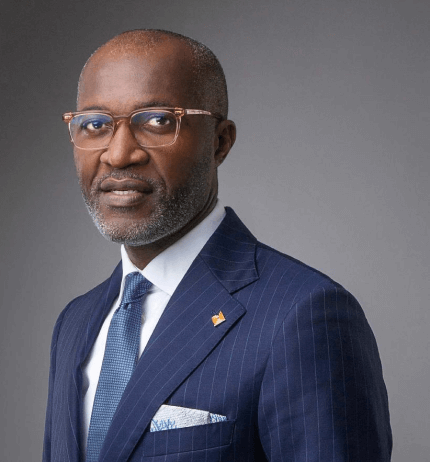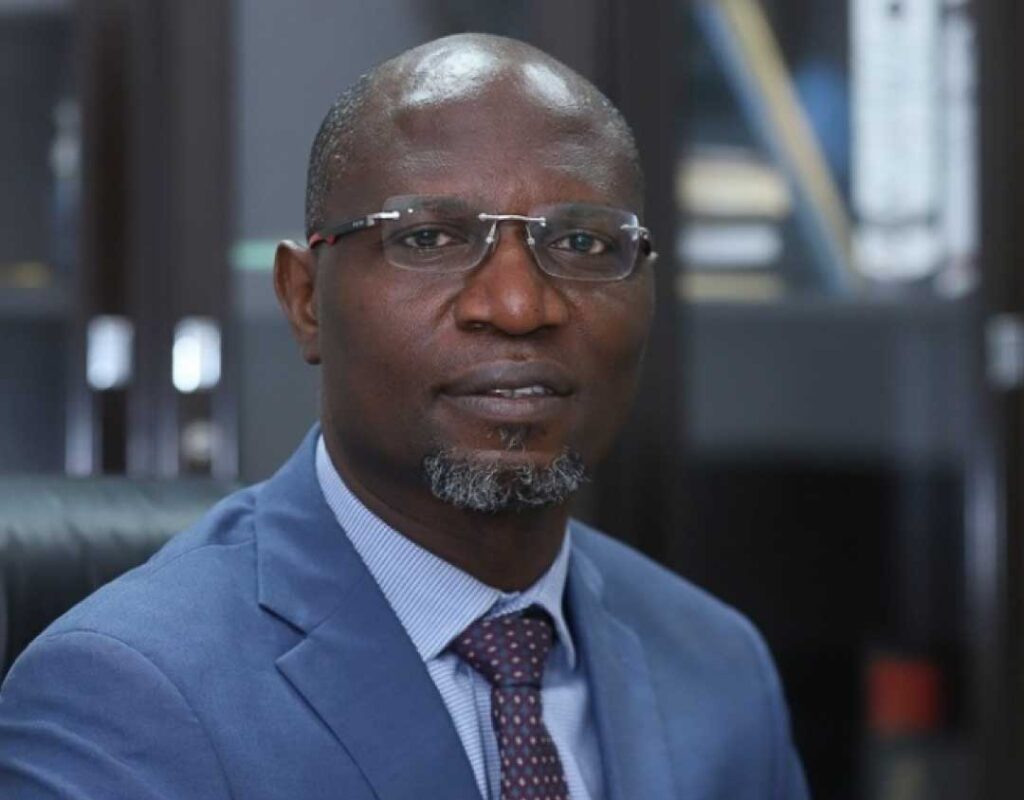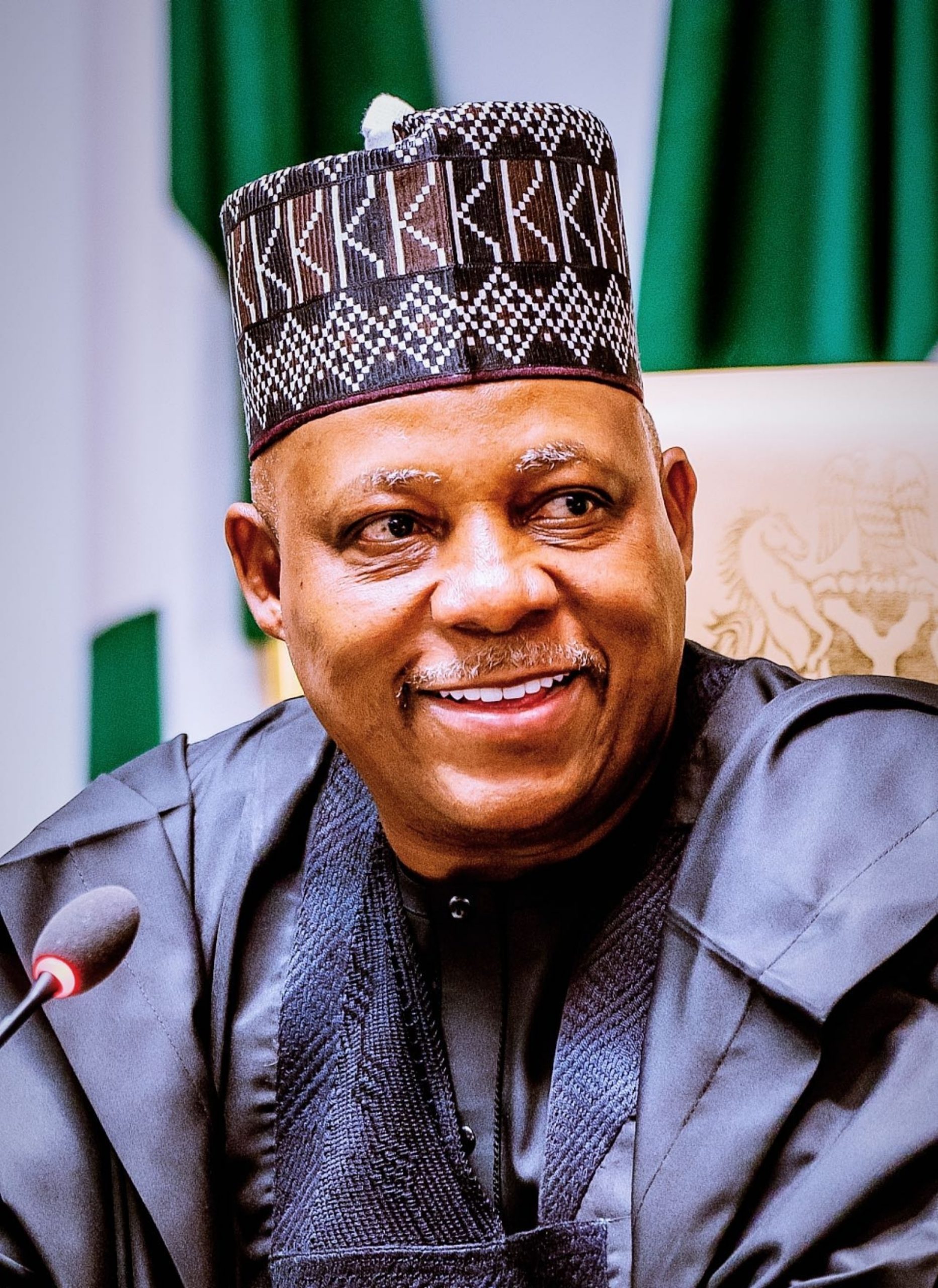The Federal Ministry of Finance has forged a strategic alliance with the Organisation for Economic Co-operation and Development (OECD) to combat illicit financial flows and strengthen Nigeria’s economic growth framework.
This collaboration marks a significant step in strengthening the country’s financial framework and reinforcing global partnerships for economic growth.
The agreement was formalized during a courtesy visit by Carlos Conde, Head of the Middle East and Africa Division at the OECD, to Nigeria’s Honourable Minister of Finance and Coordinating Minister of the Economy, Wale Edun.
Discussions centered on Nigeria’s economic priorities, including capital market development, regional integration, curbing illicit financial flows, sustainable finance, and investment in human capital.
The agreement highlights OECD’s increasing engagement in Africa, particularly through partnerships with the African Union, regional economic blocs, and direct country-level initiatives, identifying Nigeria as a key player in West Africa.
According to a statement shared on the Ministry of Finance’s official X (formerly Twitter) account, the OECD outlined its technical support offerings to Nigeria, which include assistance in governance reforms, digitalization, and statistical system enhancements.
The organization reaffirmed its commitment to supporting Nigeria in establishing harmonized data systems that will improve economic planning, enhance transparency, and attract foreign investments.
Edun welcomed the partnership, emphasizing its potential to drive critical reforms, curb financial leakages, and create opportunities for Nigerian youth.
He highlighted the importance of reliable economic data in shaping policies that encourage sustainable investments and ensure long-term economic stability.
The collaboration is expected to enhance Nigeria’s capacity to monitor and address illicit financial flows, a challenge that has long hindered economic progress.
The finance minister also acknowledged the progress made under President Bola Tinubu’s administration in stabilizing the economy through bold policy reforms.
He pointed to key initiatives, such as the removal of wasteful subsidies and the adoption of market-driven pricing mechanisms for petroleum products and foreign exchange.
These measures, he noted, have reclaimed 5 per cent of the country’s GDP previously lost to inefficiencies and set the stage for increased foreign direct investments.
With the OECD partnership now in place, Nigeria is poised to leverage global best practices to strengthen its economic governance, improve financial integrity, and create a more competitive investment environment.
The collaboration is expected to yield long-term benefits, positioning Nigeria as a leader in regional economic integration and financial transparency.





